-
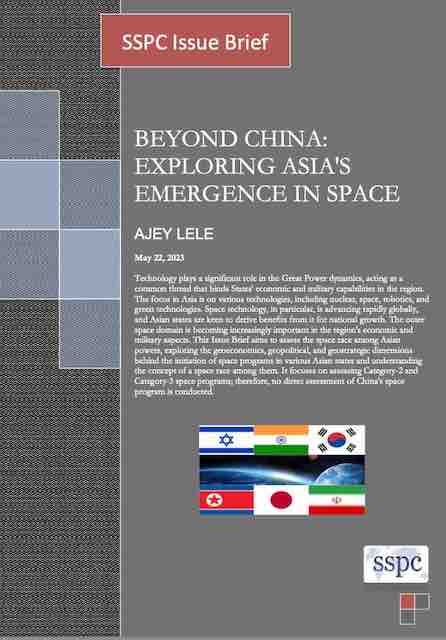
The 21st century is known as the Asian Century. The terminology ‘Rise of Asia’ is mostly viewed synonymously with the ‘Rise of China’. However, other Asian states are also contributing to shaping this rise. Over the past two decades, Asian countries have experienced impressive economic and technological growth. Despite the global financial crisis in the mid-2000s, Asia has managed to revive itself, albeit with limited impact.
-
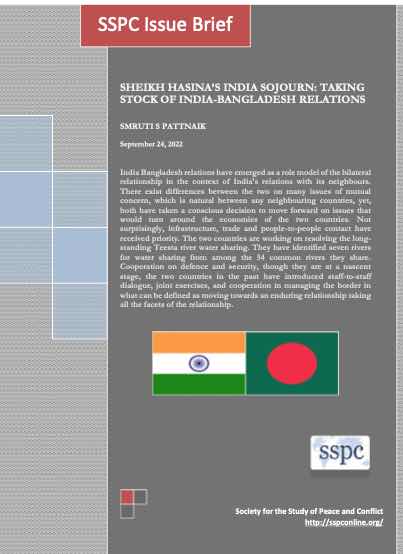
India Bangladesh relations have emerged as a role model of the bilateral relationship in the context of India's relations with its neighbours. There exist differences between the two on many issues of mutual concern, which is natural between any neighbouring countries, yet, both have taken a conscious decision to move forward on issues that would turn around the economies of the two countries. Not surprisingly, infrastructure, trade and people-to-people contact have received priority. The two countries are working on resolving the long-standing Teesta river water sharing.
-
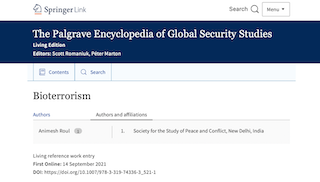
The threat of the intentional or deliberate use of disease pathogens or biological agents emanating from both rogue state actors and violent non-state actors (NSAs) remains a major concern for national and international security. By violent non-state actors, we generally mean armed insurgent groups, criminal syndicates, apocalyptic religious cults and jihadi terrorist groups and individuals.
-
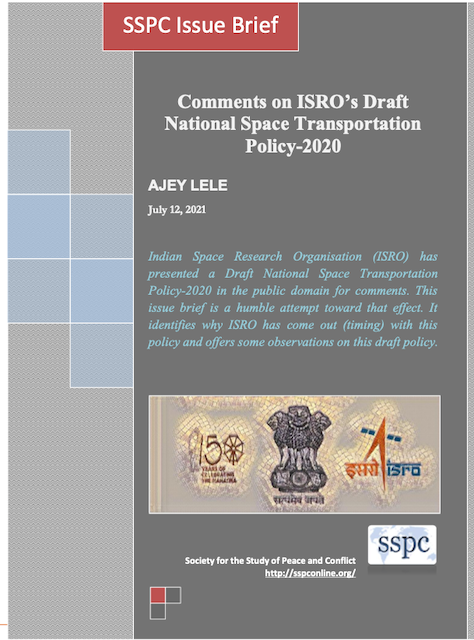
Indian Space Research Organisation (ISRO) has presented a Draft National Space Transportation Policy-2020 in the public domain for comments. This issue brief is a humble attempt toward that effect. It identifies why ISRO has come out (timing) with this policy and offers some observations on this draft policy.
INTRODUCTION
-
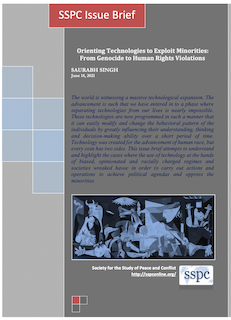
The world is witnessing a massive technological expansion. The advancement is such that we have entered into a phase where separating technologies from our lives is nearly impossible. These technologies are now programmed in such a manner that it can easily modify and change the behavioural pattern of individuals by greatly influencing their understanding, thinking and decision-making ability over a short period of time. Technology was created for the advancement of the human race, but every coin has two sides. It was created by humans who have motifs.
-
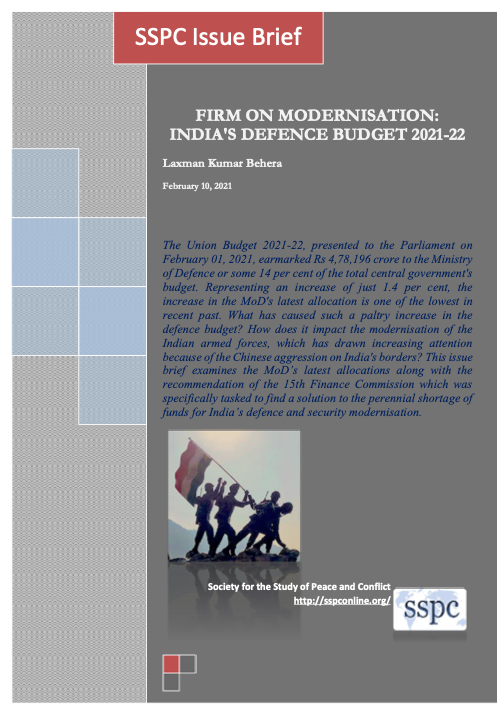
The Union Budget 2021-22, presented to the Parliament on February 01, 2021, earmarked Rs 4,78,196 crore to the Ministry of Defence or some 14 per cent of the central government's budget. Representing an increase of just 1.4 per cent, the increase in the MoD's latest allocation is one of the lowest in recent past. What has caused such a paltry increase in the defence budget? How does it impact the modernisation of the Indian armed forces, which has drawn increasing attention because of the Chinese aggression on India's borders?
-
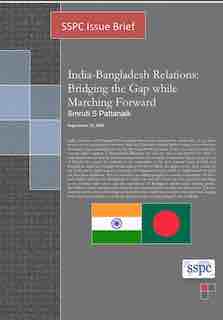
Abstract: India's relations with Bangladesh have perhaps been more scrutinised in recent times. The bilateral ties are weighed mostly in terms of an imaginary competition between India and China, especially whether India is losing out to China has remained a major debating point for the political and social elites in both countries.
-
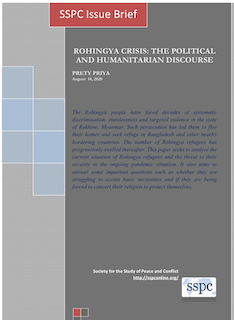
This paper seeks to analyse the current situation of Rohingya refugees and the threat to their security in the ongoing pandemic situation. It also aims to answer some important questions such as whether they are struggling to access basic necessities and if they are being forced to convert their religion to protect themselves.
-
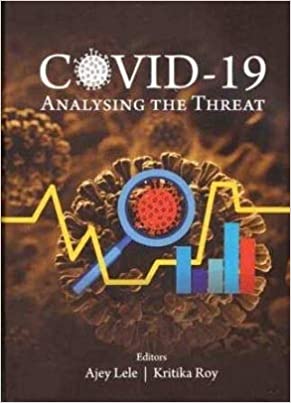
The SARS-CoV-2 (Coronavirus) that causes COVID-19 has engulfed the whole world within weeks of its outbreak in the Chinese city of Wuhan in late December 2019. Within six months of its advent, over 8.24 million people have been infected with over four lakh deaths (as of mid-June 2020) and an ongoing major global disruption. The deadly Coronavirus pandemic has occupied centre stage in the international security discourse at present. Amid this unprecedented global crisis and healthcare chaos, evil intentions of ever opportunistic Islamist jihadi forces have come to light.
-
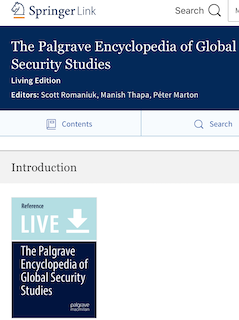
The plague, otherwise notorious as the Black Death or the Pestilence, often regarded as a curse from God, has its place in every religious scripture. For Christians, it was divine punishment, for Muslims, a symbol of self-sacrifice (martyrdom). In the Hindu scripture (Bhagwat Purana), the plague was known as Mahamari, the “great death” which was caused by rats or rodents (Park 2000). Originated from a Greek word, plaga, meaning a blow or sudden strike, the Plague has a detailed description, including its clinical manifestations, in Thucydides’ The History of the Peloponnesian War (Crawley 2013; Rao 1994).
Paxton ported to drupal by DropThemes.in